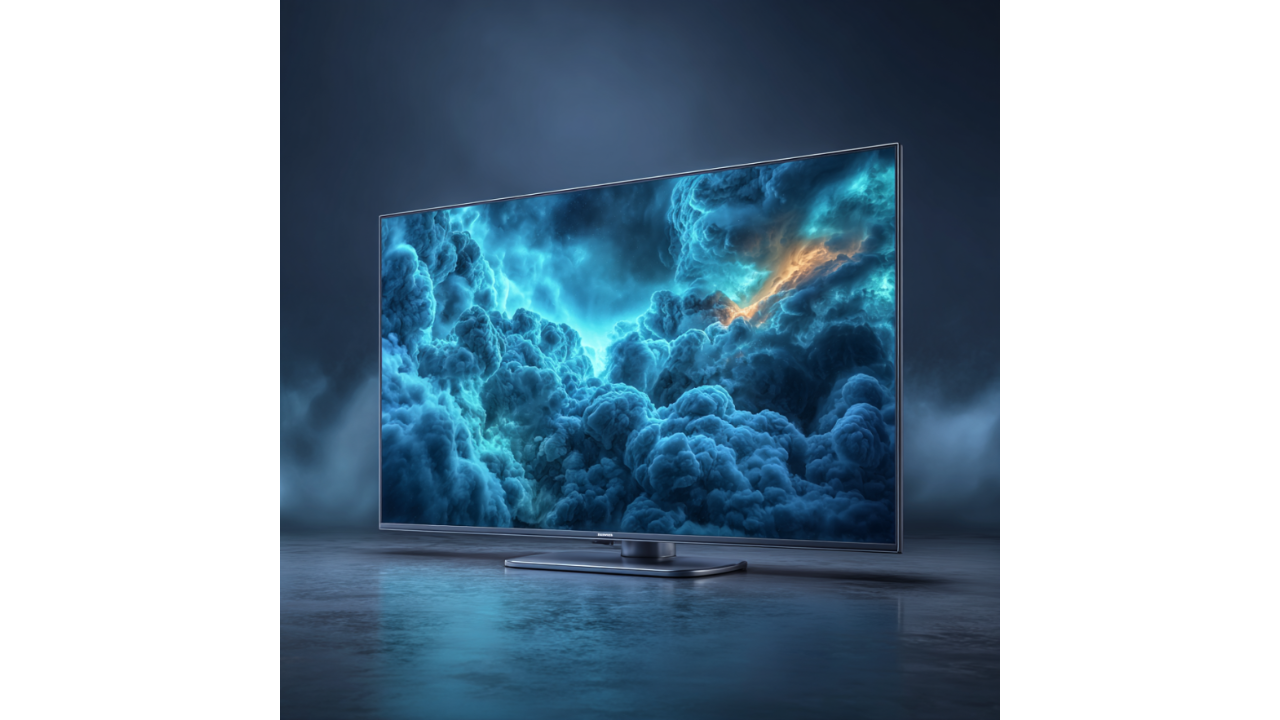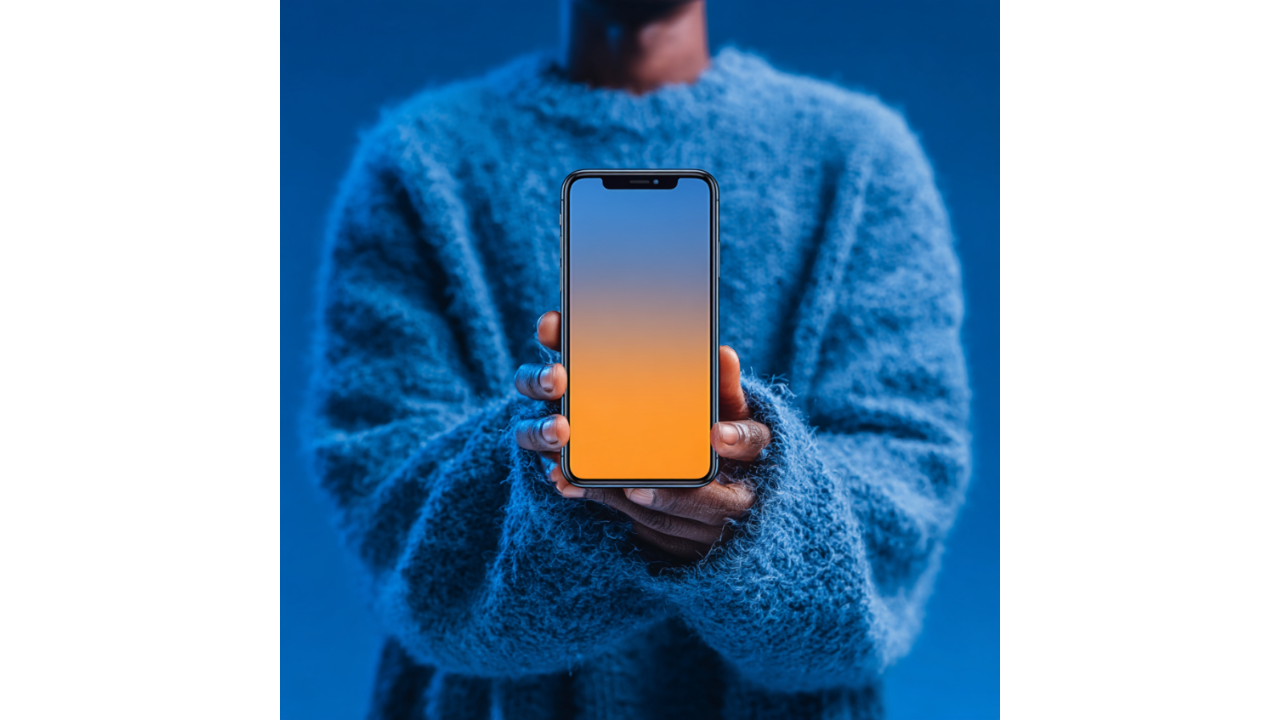Copilot on Windows Gets Connectors and Document Export
Microsoft just pushed an update to Copilot on Windows that does something the AI assistant has desperately needed since launch: it actually connects...

So Microsoft has decided to plant their AI assistant in your Samsung TV, complete with a cute little animated avatar that "lip-syncs as it speaks" and "reacts to conversation." How delightful. Because if there's one thing we've all been desperately missing, it's an omnipresent corporate surveillance system masquerading as a helpful friend right in our family room.
Let's call this what it is: the most audacious data harvesting scheme Silicon Valley has concocted since Facebook convinced us that broadcasting our entire lives was "connecting with friends." And we're supposed to be excited about it.
Here's what Microsoft and Samsung don't want you thinking about too hard: your TV is already spying on you. A recent UCL study published in 2024 revealed that smart TVs use Automatic Content Recognition (ACR) technology to take screenshots of what you're watching "many times per second"—not just live TV, but anything displayed through external devices like laptops connected to your screen.
Let that sink in. Your TV is already photographing your screen dozens of times per minute, cataloging everything you watch, and selling that data to third parties. Now Microsoft wants to layer their conversational AI on top of this existing surveillance infrastructure, creating what privacy experts are calling a "massive data-driven surveillance apparatus."
According to Consumer Reports' 2025 analysis, 82% of consumers say they are highly concerned about how their data is collected and used, while 57% worry that brands use their data beyond intended purposes. Yet here we are, cheering the arrival of an AI assistant that requires access to your viewing habits, voice patterns, and personal Microsoft account to function properly.
Microsoft's marketing speaks in warm, fuzzy terms about "personalization" and "memory banks" that remember your preferences. What they mean is comprehensive behavioral profiling that extends far beyond your TV watching habits.
When you link your Microsoft account—which the company heavily encourages for the "full experience"—Copilot gains access to your email patterns, calendar appointments, document history, search queries, and everything else in Microsoft's ecosystem. Your TV becomes a node in a vast data collection network that spans your devices, your home, and your digital life.
The Center for Digital Democracy's 2024 report "How TV Watches Us" documents exactly how this works: "CTV has become a privacy nightmare for viewers. It is now a core asset for the vast system of digital surveillance that shapes most of our online experiences." They're not talking about some future dystopia—this is happening right now.
Smart TVs are fundamentally different from personal devices because they're communal. When Microsoft Copilot learns your family's viewing patterns, voice commands, and behavioral quirks, it's building profiles on everyone who uses that screen—including children.
The privacy implications of household-level data collection are staggering. As Windows Forum analysis points out, "shared living rooms raise questions about cross-profile leaks or recommendations built from aggregated household behavior." There's no clean way to separate individual privacy when the data collection device sits in the middle of your family's gathering space.
According to 2025 data privacy statistics, 62% of smart home technology service users worry about security and privacy—up 10 percentage points from 2022. That concern is well-founded: 40% of organizations had experienced an AI-related privacy breach as of 2022, according to Gartner research.
Microsoft and Samsung are quick to mention privacy controls and opt-out options, but here's the reality: the system is designed to extract maximum data while making privacy protection as friction-filled as possible.
The integration requires you to navigate through multiple layers of permissions—Samsung's Vision AI settings, Microsoft account controls, Copilot conversation history, voice data retention policies, and SmartThings device access. Each layer has different retention policies, different deletion pathways, and different levels of transparency about what data goes where.
As cybersecurity expert Kim Crawley documented in her analysis of Microsoft Copilot's privacy implications: "Microsoft could spy on us internally. Their employees, contractors, and executives could be spying on us. Microsoft could give the espionage they have on us to other corporations, and also to law enforcement and intelligence agencies."
The "anonymous mode" that Samsung mentions? It's a deliberately neutered experience that strips away most functionality—a clear signal that meaningful privacy and useful features are mutually exclusive in this system.
This isn't just about TVs. It's about Microsoft's "Copilot Everywhere" strategy designed to make their AI assistant unavoidable across every screen in your life. Your TV becomes another data collection point that feeds into Microsoft's comprehensive user profiling system.
The real goal is ecosystem lock-in disguised as convenience. Once your viewing habits, voice commands, and smart home controls all flow through Microsoft's servers, switching to competing services becomes exponentially more difficult. You're not just changing TV brands—you're disrupting an entire interconnected surveillance system that spans your devices.
According to Thurrott's analysis, "Amazon and Google previously partnered with TV manufacturers to bring dedicated Alexa and Google Assistant buttons to TV remotes, and Microsoft Copilot probably has lower chances of being discovered without such buttons." This is Microsoft playing catch-up in the race to colonize your living room, not innovate for your benefit.
Microsoft promotes Copilot's content discovery features —the ability to search for shows using complex queries like "Like The Queen's Gambit, but with cooking instead of chess"—as revolutionary convenience. What they're actually describing is an AI system that needs to understand your entertainment preferences at a granular level to function.
This requires analyzing not just what you watch, but when you watch it, who you watch it with, how long you engage with content, what you skip, what you rewind, and how you respond to recommendations. The "sophisticated voice-powered interface" is sophisticated precisely because it's extracting sophisticated behavioral data.
As The Register's investigation revealed, smart TVs already use "AI-based ad targeting that analyzes a scene's text, images, and sentiment, determines an emotional score, and then places ads with a similar emotional score." Copilot represents the next evolution: an AI that doesn't just analyze your emotions for advertising purposes, but actively engages with you to extract more data points.
Here's what really makes this concerning for professional marketers: Microsoft and Samsung are selling surveillance as a service upgrade. They've successfully reframed comprehensive data collection as "personalization" and convinced consumers to pay premium prices for the privilege of being more thoroughly monitored.
The animated avatar isn't cute UI design—it's psychological manipulation designed to make users more comfortable sharing personal information with a corporate surveillance system. The lip-syncing and emotional expressions are calculated to trigger social bonding responses that lower privacy barriers.
From a marketing perspective, this represents a troubling trend: the normalization of invasive data collection through anthropomorphized interfaces that make surveillance feel friendly. It's dark patterns at a systemic level, and it's working.
If you're considering Samsung's 2025 TV lineup with Microsoft Copilot, approach with extreme caution. At minimum: use a dedicated Microsoft account separate from your work or personal accounts, disable personalization features, regularly audit voice and activity logs, and assume everything you say or watch in that room is being catalogued and analyzed.
Better yet: recognize that the "smart" TV features aren't for you—they're for the data brokers and advertising networks that profit from your digital exhaust. The smartest thing you can do with a smart TV is make it as dumb as possible.
At Winsome Marketing, we help brands navigate the ethical implications of data-driven marketing technologies. But we draw the line at celebrating surveillance systems disguised as innovation. Your living room deserves better than becoming Microsoft's newest data mining operation.
The future of marketing should involve building genuine value for consumers, not tricking them into surrendering their privacy for the convenience of asking their TV what to watch tonight.
Ready to develop marketing strategies that respect consumer privacy while driving real growth? Our team helps brands succeed without resorting to invasive data collection disguised as innovation. Let's build something better together.
.png)
Microsoft just pushed an update to Copilot on Windows that does something the AI assistant has desperately needed since launch: it actually connects...

While tech titans debate whether we've hit an AI wall, Google just quietly shattered the glass ceiling that's kept intelligent computing locked in...

3 min read
Here we go again. Every September, like clockwork, some breathless pundit declares the smartphone "passé" while Apple quietly prepares to sell...